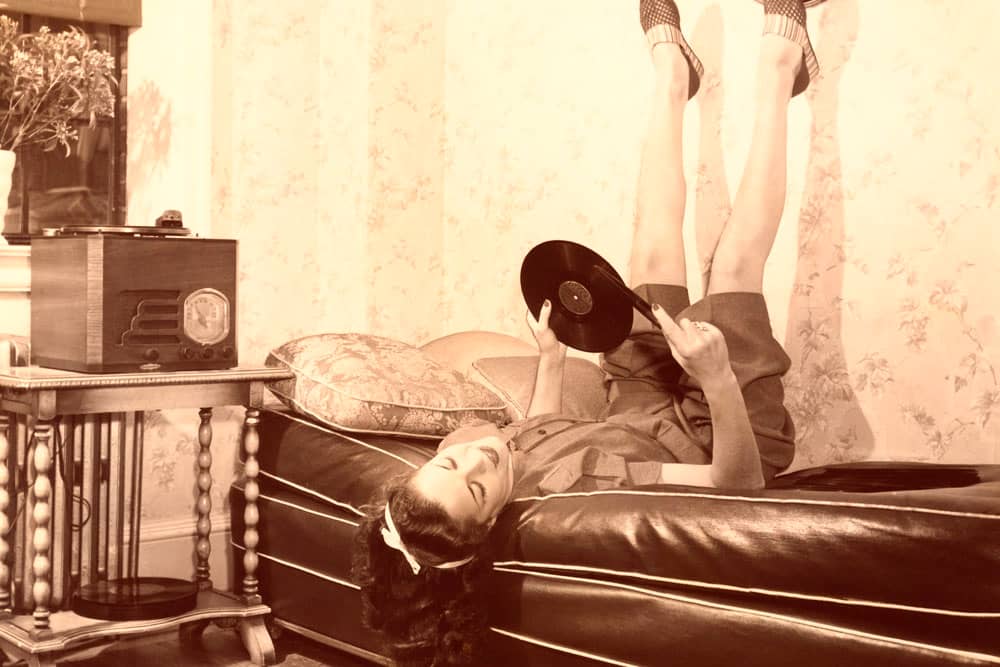
Imagine losing your ability to speak and then discovering that a non-invasive natural approach—not surgery or medication—is key to unlocking your voice again. From boosting memory in Alzheimer’s patients to improving mood and reducing stress in people of all ages, the therapeutic power of this natural approach can help virtually any one improve their cognitive function.
Key Takeaways
-
Healing Power of Music: Music therapy can stimulate memory, enhance communication, and promote recovery in brain-injured individuals and dementia patients.
-
Scientific Evidence: Studies show music epigenetically activates genes that boost dopamine, enhance neural transmission, and suppress neurodegenerative activity. .
- Everyday Benefits: Listening to music can reduce stress, improve mood, lower blood pressure, and enhance overall health.
Why Doctors Are Calling Music The Ultimate Brain Booster
Dates Back to Biblical Times
Helps Mood and Memory
Besides helping stroke victims recover and aiding the brain-injured like Ms. Giffords restore speech and memory, music therapy has been shown to improve the mental state of people with Alzheimer’s disease and make them more communicative. As the online community Alzheimers.net explains, music can:- Evoke memories that enhance the memory function.
- Restore physical and emotional closeness.
- Increase activation of the brain.
- Improve mood, reduce stress, and stimulate interactions with others.4
Summary
Music therapy is a powerful, underappreciated tool for improving brain health, as demonstrated by Congresswoman Gabrielle Giffords’ recovery after a brain injury. Research shows music activates genes linked to dopamine production, enhances neural connections, and suppresses harmful genetic activity that leads to neurodegeneration. Music therapy can help stroke victims, Alzheimer’s patients, and individuals with mental health challenges by improving memory, mood, and communication. Its benefits extend beyond cognitive health, even improving cardiovascular function and reducing stress, making music a natural and accessible therapy for all.
Frequently Asked Questions
What is music therapy?
Music therapy is a therapeutic approach that uses music to improve mental, emotional, and physical health.How does music help the brain?
Music activates genetic pathways that enhance dopamine production, improve neural communication, and suppress harmful brain activity.Can music therapy help with Alzheimer’s?
Yes, music can evoke memories, improve mood, reduce stress, and enhance communication in Alzheimer’s patients.Does listening to music require professional guidance for benefits?
While professional music therapy offers targeted benefits, listening to your favorite tunes daily can also improve brain health and overall well-being.What types of music are best for therapy?
Soothing or classical music is often effective, but any genre that evokes positive emotions can be beneficial.Holmes, David. Music therapy's breakthrough act The Lancet Neurology, Volume 11, Issue 6, 486 - 487
- Aluede, C.O. Healing Through Music and Dance in the Bible. Ethno-Med. 3(2) 159-163. 2009
- Kanduri C, Raijas P, Ahvenainen M, Philips AK, Ukkola-Vuoti L, Lähdesmäki H, Järvelä I. The effect of listening to music on human transcriptome. PeerJ. 2015 Mar 12;3:e830. doi: 10.7717/peerj.830. PMID: 25789207; PMCID: PMC4362302.
- 5 Reasons Why Music Boosts Brain Activity in Alzheimer's Patients.
- Miller M, Mangano CC, Beach V, Kop WJ, Vogel RA. Divergent effects of joyful and anxiety-provoking music on endothelial vasoreactivity. Psychosom Med. 2010 May;72(4):354-6. doi: 10.1097/PSY.0b013e3181da7968. Epub 2010 Apr 5. PMID: 20368475.
